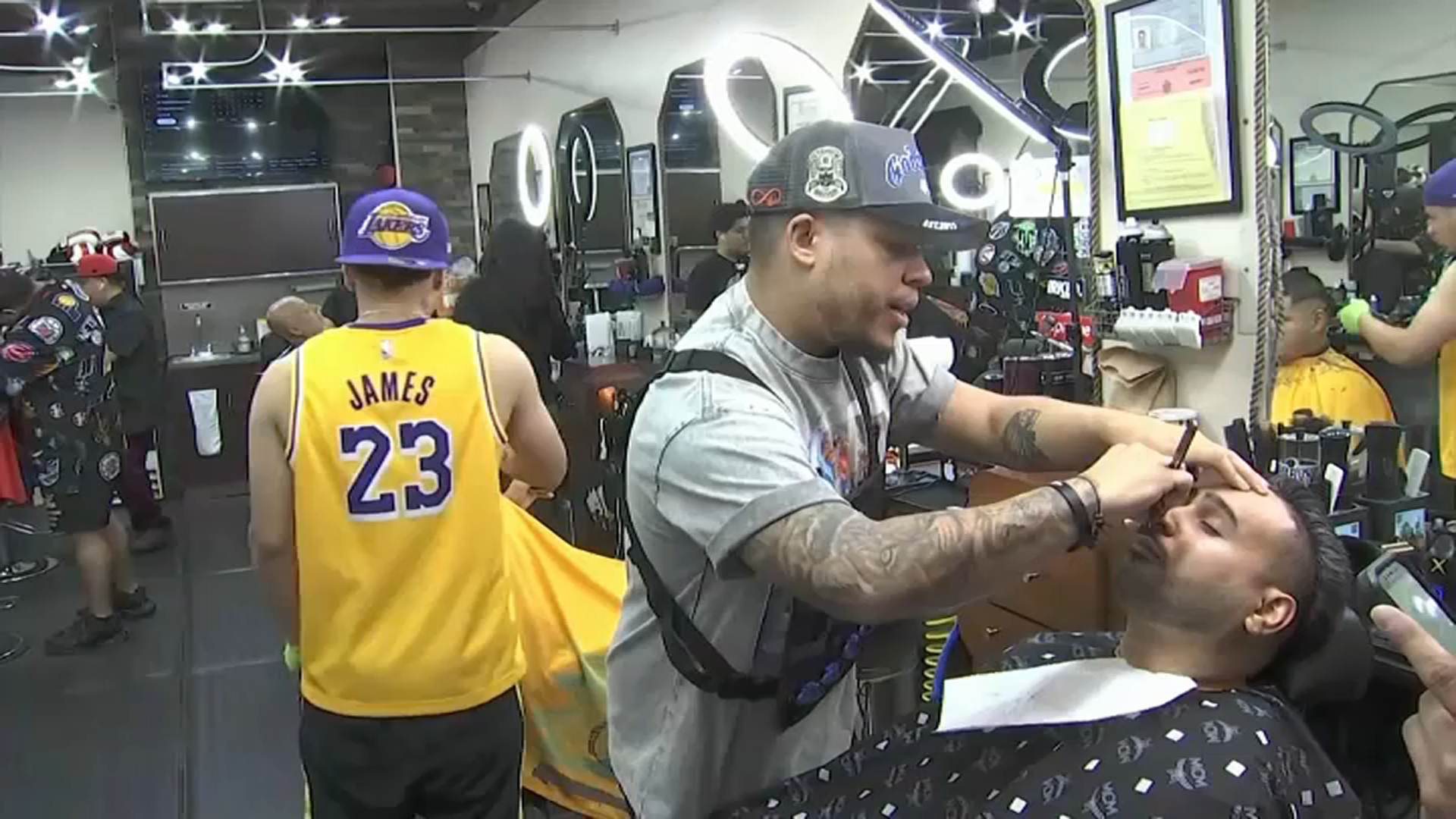In the early days of the pandemic, school districts around the nation scrambled to purchase clear plastic desk shields. With limited understanding of how COVID-19 might transmit in classrooms, the hope was those sneeze guards might block virus particles from jumping between desks.
Since then, scientists have learned the disease primarily spreads by way of tiny aerosolized particles that can easily float above and around plastic desk dividers. A CDC study published in May estimated masks and better ventilation in classrooms can reduce COVID infections by more than a third. But researchers found no correlation between sneeze guards and lower infection rates.
Not surprisingly, the CDC no longer recommends sneeze guards to fight COVID in the classroom and hundreds of tri-state school districts — including New York City — have taken the plastic barriers down.
But the change in federal guidance has not persuaded Newark Public Schools to put the sneeze guards away. The reason? Consistency.
“Remaining the course and providing consistency is really, really important,” said Roger Leon, the Newark Schools Superintendent. “Confidence building has been one of the earmarks of our – albeit very exerted – effort to try and be successful at containing this very evil virus.”
Leon told the I-Team that Newark Public Schools continues to design and modify infection-fighting protocols that “follow the science.” But he added that it’s important to recognize making abrupt changes to to social distancing policies can have the effect of confusing students and teachers just as they are starting to get comfortable in the classroom.
Get Tri-state area news delivered to your inbox. Sign up for NBC New York's News Headlines newsletter.
“The fact that the science said six feet and then three feet? That adjustment has taken a lot of time for people to actually understand it,” Leon said.
News
Newark Public Schools isn’t the only district hanging on to desk shields – despite research that casts doubt on their effectiveness.
In nearby Montclair, more than 200 parents signed a letter urging Superintendent Jonathan Ponds to take desk dividers down.
“There’s no evidence that these are effective,” said Bethany Chase, a parent who described her two elementary schoolers having to stand up in class because they can’t see their teachers clearly through the maze of plastic.
“If the shields themselves were based in science then I think our jobs as parents would be to support our kids to adjust to that and cope with that and to adapt with that,” Chase said. “But the problem is they are not rooted in science. So now it’s just an extra burden on them that there’s no reason they should have to overcome it.”
Montclair Public Schools did not immediately return the I-Team’s request for comment about the desk dividers.
While some parents oppose the plastic barriers because they interfere with classroom sight-lines. Others fear they could actually increase the risk of COVID transmission.
According to Prof. Pratim Biswas, Dean of the University of Miami School of Engineering, plastic desk dividers could potentially block classroom airflow and create unintended pockets of virus particles.
“By putting a barrier, I might create a recirculation zone which traps the particles for a longer time before it’s flushed out,” Biswas said. He added that aerosol scientists should be more vocal about what strategies can and cannot limit the spread of Coronavirus in schools.
“We wouldn’t have recommended barriers in the first place,” Biswas said. “Wearing a mask is so much more important.”



